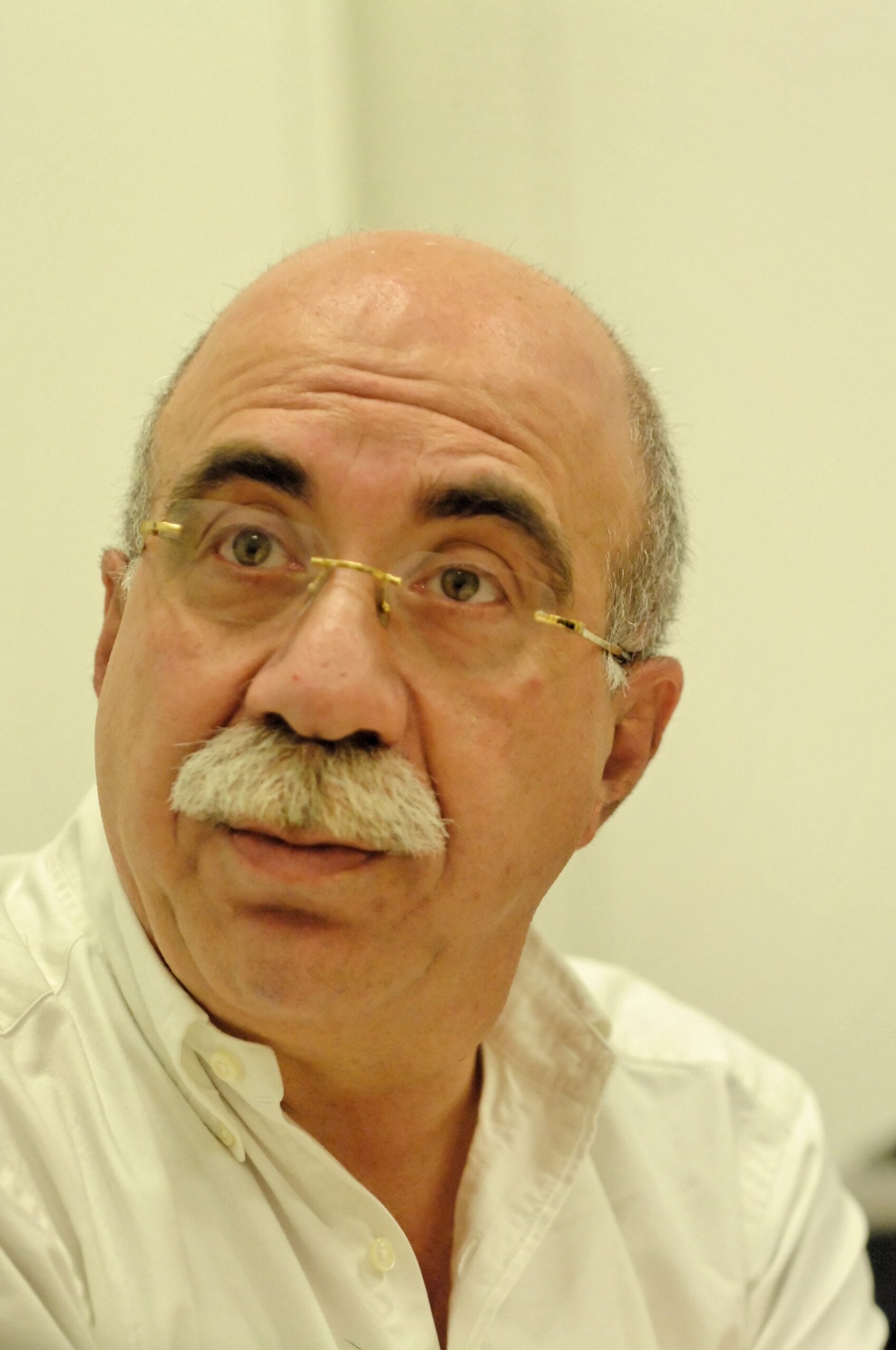Share this post:

Paris, France, June 1, 2017 – Vaxon, a biopharmaceutical company developing therapeutic cancer vaccines based on optimized cryptic peptides, announces the results of its Phase IIb trial of Vx-001 in non-small-cell lung cancer (NSCLC). Vx-001 is a therapeutic cancer vaccine based on proprietary antigens known as optimized cryptic tumor peptides.
Vaxon launched the Phase IIb trial in August 2011 in 70 European trial centers. It evaluated 190 patients with metastatic and distant recurrent NSCLC, who experienced disease control after platinum-based first-line chemotherapy. Key inclusion criteria included patients being HLA-A2-positive and their tumors expressing TERT, the antigen targeted by Vx-001.
The study was a double-blind placebo-controlled clinical trial with 101 placebo and 89 Vx-001-treated patients. The primary endpoint for the trial was overall survival, with the secondary endpoints of time-to-treatment failure and 12-months overall survival rates.
Vx-001 was shown to be highly efficacious in a specific sub-group of patients who had never smoked or were light smokers (defined as having smoked for less than 20 years) with non-immunogenic tumors (defined based on a proprietary diagnostic biomarker test). In this defined patient subgroup there was a statistically significant increase in overall survival: 20.2 months versus 7.9 months in the placebo group (p=0.0001). The time-to-treatment failure rate also increased to 5.6 months – against 3.3 months in the placebo group (p=0.005). Moreover, the 12 month survival increased to 80% against 8% in the placebo group (p=0.0003).
Furthermore, due to the increasing prevalence of immune checkpoint inhibitors as 2nd and 3rd line treatments, the study did provide data as a surrogate combination study giving a signal for higher incremental survival for checkpoint inhibitor treated patients with Vx-001 compared with placebo.
These data suggest that Vx-001 has the potential to turn cold tumors hot in order to leverage effectively the natural immune system in response to certain tumor sub-types.
“We are very excited about these great results and the potential of our vaccine,” said Dr. Kostas Kosmatopoulos, Vaxon’s CEO and founder. “As immune checkpoint inhibitors are not hugely effective in patients with non-immunogenic NSCLC, Vaxon’s Vx-001 could bring a significant clinical benefit for these patients. There is potential to be used either as a stand-alone therapy or together with immune checkpoint inhibitors. Preliminary results of this study suggest that Vx-001 can render sensitive tumors that are initially resistant to immune checkpoint inhibitors. It could also mean a potential for wider application in cancers where current immune checkpoint inhibitors are ineffective.”
“I’m very happy with these results because they show a clear clinical benefit in patients who are not sensitive to immune checkpoint inhibitors and have few therapeutic options. Rendering sensitive tumor that are resistant to immune checkpoint inhibitors is a major goal in cancer treatment and it may concern not only NSCLC but many other tumors that because of their low mutation load are not immunogenic.”, said Prof. Vassilis Georgoulias, the principal investigator of the Phase IIb study.
Vx-001 is the first vaccine to use optimized cryptic peptides and is the only such vaccine in development. Optimized cryptic peptides are universal tumor peptides that, while normally undetected by the immune system, have been modified to optimize their presentation to the immune system so as to induce a powerful anti-tumor immune response.
Vaxon’s optimized cryptic peptides, like neo-antigen vaccines, avoid the problem of immune tolerance and are strongly immunogenic. Unlike neo-antigen vaccines, Vaxon’s optimized cryptic peptides do not need to be personalized; instead they have the potential to treat tumors across a broad range of patients, since optimized cryptic peptides are essentially ‘universal neo-antigens’.
Vaxon is finalizing the design of a confirmatory trial to explore the promising subgroup results indicated above. The defined patient group is expected to be HLA-A2 positive, negative for EGFR and ALK mutations, never or light-smoking NSCLC population with no Natural Immunity in NSCLC stage IV after four cycles of platinum based chemotherapy. It is estimated that this target population would represent globally around 22,000 new patients per year.
Vaxon will attend the ASCO Annual Meeting in Chicago (USA) on June 2-6 2017. The detailed results of the study will be presented in September at the ESMO meeting in Madrid.
About Vaxon Biotech
Vaxon Biotech, based in Paris, France, is a biopharmaceutical company developing therapeutic cancer vaccines based on optimized cryptic peptides. Kostas Kosmatopoulos, Vaxon’s founder, invented the proprietary technology for effective cryptic peptide vaccines. Based on Vaxon’s optimized cryptic peptide vaccine platform, the company has developed a pipeline of therapeutic cancer vaccines, led by Vx-001, for which a Phase IIb trial has successfully completed, and Vx-006, now in Phase I development. Vaxon has received funding support from INSERM, Genopole, OSEO and the French government. Vaxon was granted orphan designation for the treatment of TERT positive NSCLC in HLA-A2 positive patients by the EMA and the FDA.
To download documents, you can right-click on the links above and chose « Save link as… »



